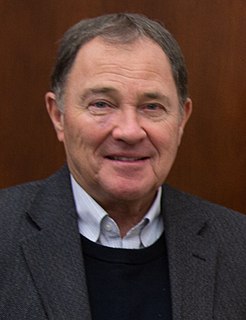A Quote by Kate Middleton
Addiction is a hugely complex and destructive disease, and its impact can be simply devastating. All too often, lives and families can be shattered by it.
Related Quotes
It seemed that the problem of Americans overdosing and dying from drug addiction was being described as bad people, particularly kids, who were abusing good drugs. But Sheila Nevins, the president of HBO Documentary Films, and I were particularly interested in finding out the stories of people and families who had been ravaged by this disease of addiction and understanding what really was happening. What we found was that, and let's not make any mistake about it, this is an epidemic of addiction.
There's traditionally been two different ways of seeing addiction. Either it's a sin and you're a horrible bad person and you are just choosing to be hedonist or it's a chronic progressive disease. And while I certainly believe addiction is a medical problem that should be dealt with by the health system, the way we've conceptualized addiction as a disease is not actually accurate, and it has unfortunately become stigmatizing and it's also created a lot of hopelessness in a lot of people.
The past year's natural disasters have highlighted the invaluable contributions of volunteers in our communities. They have volunteered their time, energy and skills to save lives and to rebuild communities. In this they joined countless people around the world who volunteer every day in response to 'silent crises'. These often unsung heroes understand all too well that poverty, disease and famine are just as deadly and destructive as earthquakes, hurricanes and tsunamis.






































